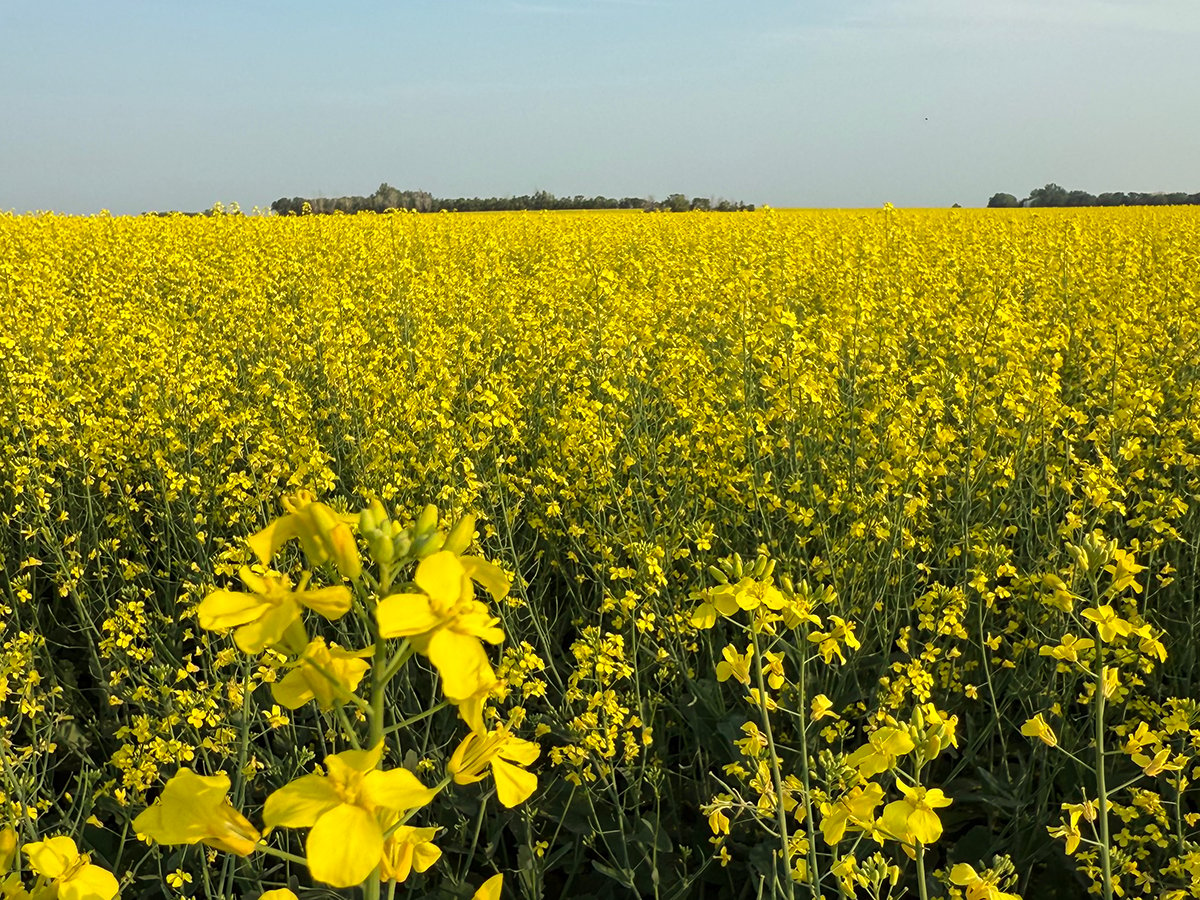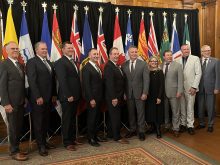The federal government and pro-vinces will be making a major political mistake if they force the April 1 launch of new national agricultural programs against the wishes of producers, said national farm leader Bob Friesen.
After a conference call of provincial farm leaders, the Canadian Federation of Agriculture president said there is no farmer support for an April launch of new safety net programs.
“He (agriculture minister Lyle Vanclief) will be making a huge political mistake because I think it is very important that he have a high level of buy-in from the industry and he does not,” Friesen said.
Read Also

Canola support gets mixed response
A series of canola industry support measures announced by the federal government are being met with mixed reviews.
Grain Growers of Canada president Ken Bee echoed the comment, as did several provincial farm leaders contacted Feb. 10.
“Our advice is not to implement until we have seen clear, unbiased evidence that these programs will be better than we have and we have not seen that,” said Bee, an Ontario grain and oilseeds producer.
Farmer groups are pressuring provincial governments not to sign implementing agreements despite a Jan. 31 promise from nine provinces to work to an April 1 launch of a five-year policy. By Feb. 10, at least two provinces – Ontario and Prince Edward Island – said they will not sign without farmer agreement.
Quebec also is refusing to sign.
Continued farmer opposition to an April implementation of APF, with a plan for an expanded Net Income Stabilization Accounts program and new national crop insurance options, is a political setback for the federal agriculture minister.
Last week, he unleashed a public relations blitz to sell his proposals, insisting in the House of Commons to have “accomplished and met pretty well all the desires of primary producers.”
If anything, the PR campaign hardened farmer opposition to federal plans to rush programs into existence by April 1.
Bee said federal claims that the new disaster program will meet international trade obligations even though it is being delivered through a trade-suspect NISA program is “questionable. They say they can claim part of a program green and part amber, but I’m not convinced.”
Friesen said the examples and analysis used by Agriculture Canada officials to “prove” the superiority of the new program design are one-sided, biased and lacking in credibility.
“It’s bullshit,” the Manitoba hog and turkey producer said. “We are seeing from people we trust to do objective analysis these models and assumptions that just have no credibility.”
Farm leaders said they are not necessarily opposed to the new programs, but are unwilling to commit to five years of them before they understand the implications, including funding and trade, and the full details and comparisons with what exists now.
Not a single national farm organization has supported the APF, including supply-managed sectors that fear it will cut them off from disaster relief programs.
“They are designing a program that will cost farmers more money with less coverage,” Friesen said.
At a safety nets advisory committee meeting Feb. 7, analysis was presented that to gain full disaster and stabilization coverage under the new NISA proposal, farmers would need to invest $3 billion in their NISA accounts, he said.
The message is going out to provincial ministers who can make or break federal implementation plans.
In Toronto, an aide to Ontario agriculture minister Helen Johns said she will not sign if provincial farmers advise against it.
“She is consulting and her decision will depend on the consultation,” said press aide Derek Nelson.
In Prince Edward Island, minister Mitch Murphy told the P.E.I. Federation of Agriculture he will not sign against farmer wishes.
“He gave us a commitment not to sign and I can tell you there is little chance we’ll be comfortable with this before April 1,” said federation president Robert MacDonald.














